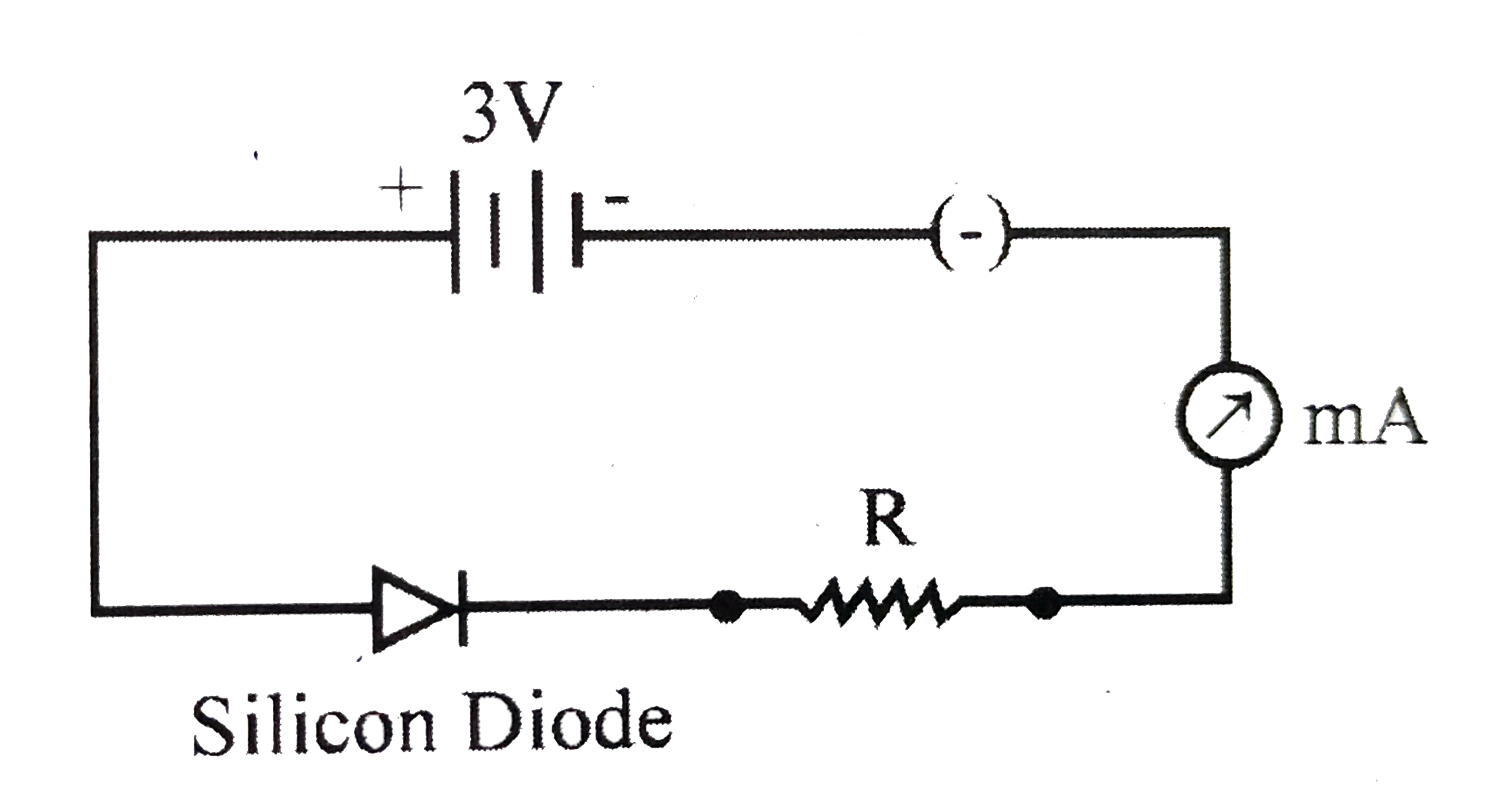A 20volts AC is applied to a circuit consisting of a resistance and a coil with negligible resistance. If the voltage across the resistance is 12V, the voltage across the coil is
16 V
10 V
8 V
6 V
The correct Answer is:A
V2 =
Similar Questions

In the above circuit, the voltage drop across the resistance (R) isView SolutionAn alternating voltage with frequency ω=314s−1 and amplitude Vm=180V is fed to a series circuit consisting of a capacitor and a coil with active resistor's capacitance will the voltage amplitude across the coil be maximum ? What is this amplitude equal to ? What is the corresponding voltage amplitude across the condenser ?
View Solution
Knowledge Check
- Question 1 - Select One
A 20volts AC is applied to a circuit consisting of a resistance and a coil with negligible resistance. If the voltage across the resistance is 12V, the voltage across the coil is
A16VB10 VC8 VD6 V - Question 2 - Select One
In an a.c. circuit consisting of resistance R and inductance L, the voltage across R is 60 volt and that across L is 80 volt.The total voltage across the combination is
A140VB20VC100VD70V - Question 3 - Select One
120 V AC voltage is applied to 10 ohm resistance. The peak voltage across the resistor is
A120 VB120√2VC120√2VDnone of these
An Ac circuit with f=1000 Hz consists of a cail of 200 mH and negligible resistance. Calculate the voltage across the coil, if the effective current of 5 mA is flowing.
View SolutionA 120V,60Hz a.c. power is connected 800Ω non-inductive resistance and unknown capacitance in series. The voltage drop across the resistance is found to be 102V, then voltage drop across capacitor is
View SolutionIn an AC circuit the reactance of a coil is √3 times its resistance, the phase difference between the voltage across the current through the coil will be
View SolutionThe impedence of a consists of 3ohm resistance and 4ohm reactance. The power factor of the circuit is across the coil to the current thruogh the coil will be
View SolutionIn the circuit given below, V(t) is the sinusoidal voltage source, voltage drop VAB(t) across the resistance R is
 View Solution
View Solution

